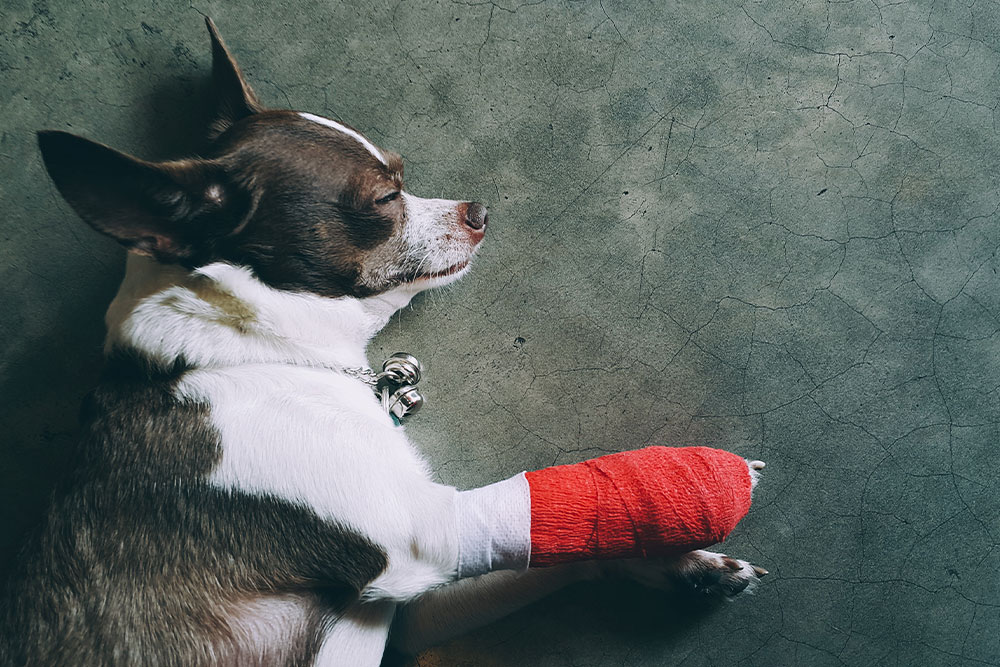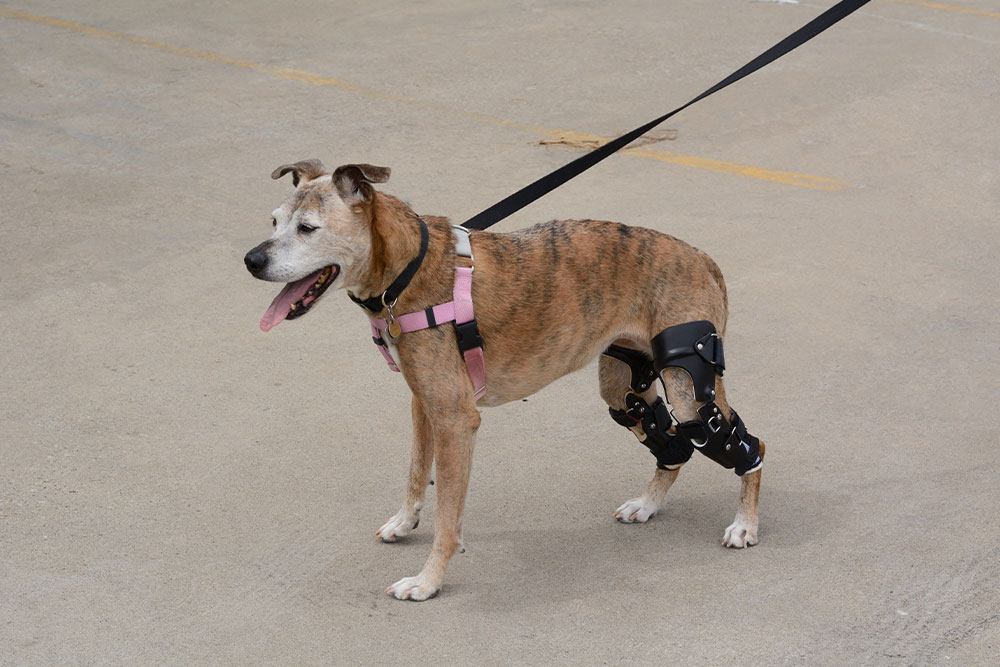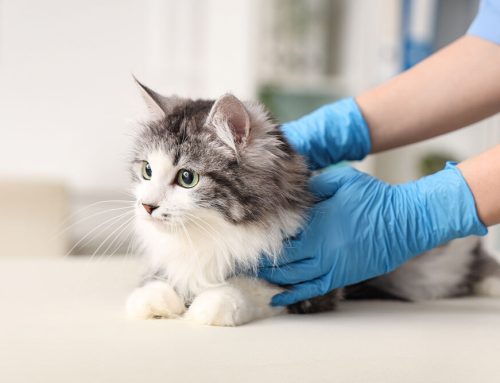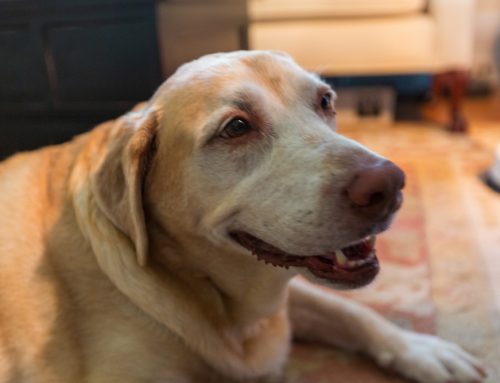Canine Cruciate Ligament (CCL) Injuries: Using PRP, Stem Cells, and Rehab to Support Recovery
A canine cruciate ligament (CCL) injury can be a challenging experience for both pets and their owners. You might notice your dog is limping or seems less eager to play, leaving you concerned about their comfort and mobility. At Homestead Animal Hospital in Mechanicville, New York, we understand the emotional and physical toll this can take, and we are here to guide you through your pet’s journey to recovery with empathy and expertise.
Understanding CCL Injuries in Dogs
The cranial cruciate ligament (CCL) in dogs is similar to the anterior cruciate ligament (ACL) in humans and plays a crucial role in stabilizing the knee joint. When this ligament is injured—whether through a tear, rupture, or sprain—it can significantly impair your dog’s ability to walk and run comfortably. ### Causes of CCL Injuries CCL injuries often result from several factors, including:
- Degenerative Changes: Over time, ligaments can weaken, particularly in certain breeds or larger dogs.
- Obesity: Excess weight can put undue stress on your dog’s joints.
- Sudden Trauma or Repetitive Stress: Quick movements or repetitive actions can exacerbate a weakened CCL. According to Canine Cruciate Ligament Injury – Colorado State University, these injuries are common and can significantly impact a pet’s quality of life if left untreated.
Recognizing the Symptoms
Recognizing the signs of a CCL injury early can help you seek treatment promptly. Common symptoms include:
- Lameness or Limping: Sudden limping is a typical sign of CCL injury (AKC).
- Decreased Activity: Your dog may become less active or unwilling to exercise.
- Stiffness and Swelling: Especially noticeable after rest.
- “Sitting Test”: Your pet may sit with the affected leg extended to one side.
How CCL Injuries Progress
Without treatment, a CCL injury can lead to:
- Increased Instability: This can worsen joint damage over time.
- Osteoarthritis: A common complication that causes chronic pain.
- Injury to the Other Leg: Altered weight distribution can lead to injuries in the opposite leg.
Diagnosing CCL Injuries: What to Expect
To confirm a CCL injury, our veterinarians conduct:
- Physical Examination: Including palpation tests like the cranial drawer test.
- Imaging: X-rays and potentially an MRI (Small Animal MRI Guide – Hallmarq) to assess joint damage.
Treatment Options: PRP, Stem Cells, and Rehabilitation
At Homestead Animal Hospital, we offer a spectrum of treatment options to aid recovery:
Regenerative Therapies
- Platelet-Rich Plasma (PRP): This therapy uses concentrated platelets to promote healing. Learn more about Regenerative Therapies for Pets.
- Stem Cell Therapy: Utilizes cells from your dog’s own body to repair damaged tissues (Merck Veterinary Manual).
Surgical Interventions
While conservative management is possible, surgical options like TPLO (TPLO Info) are often recommended for active or larger dogs.
Rehabilitation Therapy
Rehabilitation, including hydrotherapy, laser therapy, and therapeutic exercises, plays a vital role in restoring mobility. For more on rehabilitation, visit Rehabilitation Therapies for Animals – RehabVets.
Consequences of Untreated CCL Injuries
Leaving a CCL injury untreated can severely affect your dog’s quality of life, leading to chronic pain, decreased mobility, and further joint complications.
Supporting Your Dog at Home
You can help your dog recover by:
- Providing a Comfortable Space: Use non-slip rugs and supportive bedding.
- Safe Exercise: Controlled leash walks are ideal; avoid jumping or sudden movements.
- Mental Enrichment: Engage your dog with puzzle toys (Do-It-Yourself Cognitive Dog Toys for Home-AKC).
Preparing for Your Veterinary Appointment
When visiting us, consider bringing:
- Your Dog’s Medical History: Essential for a comprehensive examination.
- Videos of Symptoms: These can help us understand your dog’s condition better.
- List of Questions: Such as “What are the treatment options?” or “What can I expect long-term?”
We’re Here to Help
We know this journey can feel overwhelming, but remember that Homestead Animal Hospital is here to support both you and your pet every step of the way. We invite you to meet our team and contact us with any questions or concerns. We’re committed to ensuring your dog receives the best care possible, providing you peace of mind with compassionate, comprehensive veterinary care.

















Leave A Comment